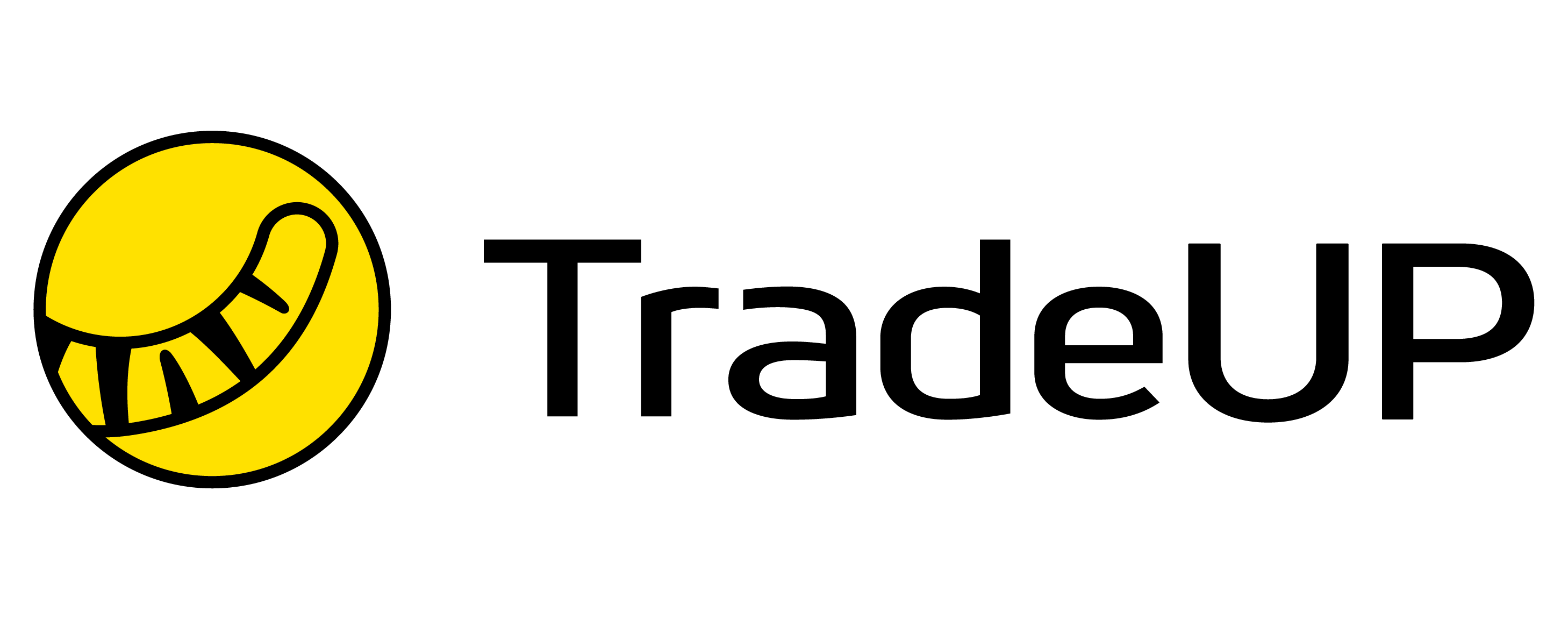What does the stock market do in a recession?

Early 1990s recession:

The macroeconomics background of early 1990s recession is very similar to the current U.S. economy: surging oil prices, raging inflation, and aggressive Fed rate hikes. The stock market didn’t see a recession coming until it fell 20% at the same time when the economy started to weaken. The recession was short-lived and relatively mild, and the stock market soon rebounded. However, unemployment continued to rise through June 1992, even though a positive economic growth rate had returned the previous year.
Early 2000s recession:

The burst of the stock market bubble occurred in the form of the Nasdaq crash in March 2000, caused by the collapse of the dot-com bubble. Economic conditions were not heavily impacted during the early 2000s recession. However, the Nasdaq index had lost more than half of its value when the bubble finally burst, and it wouldn’t fully recover until 2015. The stock market didn’t see the recession coming and ending.
The Great Recession from 2007 to 2009:

The stock market forecasted the recession coming and ending in advance, which sent an alarm to the overall economy. S&P 500 started to decrease 3 months prior to the recession and started to rebound 3 months prior to a recovery.
The capital structure in the US has changed a lot since early 2000s. In 2000, U.S. GDP was $10 trillion, and the market value of listed companies was $10 trillion as well. While in 2021, U.S. GDP doubled to $20 trillion, and the market value of listed companies was $50 trillion, 5x that of 2000. U.S. listed companies are essential to the overall economy today, which explains why the stock market could forecast the recession coming and ending in advance in 2008.
The S&P 500 is down nearly 18% from its last record high in January and briefly fell into bear-market territory last Friday before paring losses. Do you think a recession is coming?
A. Yes, recession within 3 months
B. No, not a signal for recession
C. Too early to call a recession
Share your thoughts with us for a chance to win a free stock!





